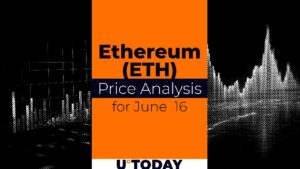Japanese investment firm Metaplanet announced on Monday that it had acquired 1,112 BTC for approximately $117.2 million, bringing its total holdings to 10,000 BTC and reaching the target it set for this year.
The announcement coincided with the board’s approval of a $210 million bond issuance to EVO Fund, a Cayman Islands-based investment firm.
The bonds, which carry no interest and mature in December, are part of the company’s 18th series of ordinary bond issuances.
Proceeds from the bond sale are scheduled to be allocated toward the purchase of Bitcoin, according to a regulatory filing.
Metaplanet did not clarify whether the 1,112 BTC was acquired before or after the funds were received, though the timing suggests the two events are closely linked.
CEO Simon Gerovich said in a post that as of Sunday, “we hold 10,000 $BTC acquired for ~$947 million at ~$94,697 per bitcoin.” Bitcoin was trading at $105,831 on Monday, according to data from CoinGecko.
Metaplanet, which rebranded in 2024 from a hotel and technology firm to a dedicated Bitcoin treasury, has pledged to accumulate 210,000 BTC, or about 1% of the total supply, by 2027.
In January, it outlined plans to increase its holdings by 470% this year to reach the 10,000 BTC mark, citing the use of “accretive capital market tools” to fund the strategy.
The company has modelled its approach on U.S.-based MicroStrategy, positioning itself as a publicly traded proxy for Bitcoin exposure in Asia.
In addition to its bond program, Metaplanet recently unveiled plans to raise up to $5.3 billion through the issuance of 555 million new shares.
Despite the buildup in Bitcoin holdings, Metaplanet is among the most shorted stocks in Japan. In May, analysts at 10x Research said the firm’s valuation implied a BTC price of more than $596,000, over five times current levels.
“Apparently, Metaplanet is the most shorted stock in Japan,” Gerovich wrote in a May 21 post on X. “Do they really think betting against Bitcoin is a winning strategy?”
Edited by Sebastian Sinclair
Read the full article here









